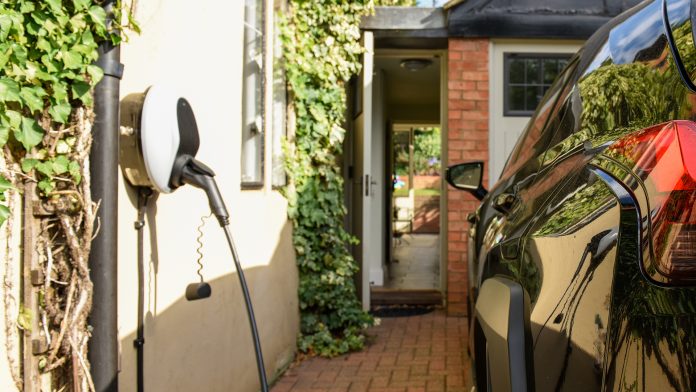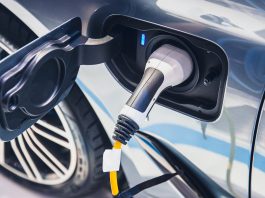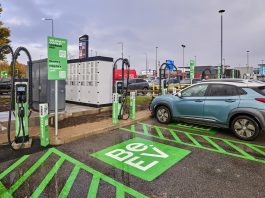Researchers from Chalmers University of Technology and the University of Delaware have found that a change in refuelling mindset, rather than a change in battery size or performance, could be the key to tackling range anxiety.
The shift from filling up at a petrol station to recharging your EV in a convenient location requires a new perspective on refuelling.
Despite this, new EV drivers often remain in their old mindsets, constantly checking the gauge and planning for the next chargepoint.
This can lead to range anxiety.
Three types of refuelling behaviours
In a recently published paper, researchers have now identified three different types of behaviour around refuelling a car. They are:
- The monitor fuel gauge model: The driver refuels when the fuel is running out
- The planning a trip model: The driver plans when and where they will stop to refuel their vehicle along a journey
- The event-triggered model: The driver automatically plugs in as soon as arriving at home or work
The first model represents the traditional refuelling perspective of a petrol or diesel car and the third model is the best to optimise EV usage.
“There is a lot of emphasis on the time it takes to charge an EV, but if you do it overnight, it is just the time it takes to plug it in,” said Professor Frances Sprei, of Chalmers University of Technology, who led the study, along with Willett Kempton from the University of Delaware.
A boost in EV charging infrastructure is required
Reducing range anxiety requires the right EV charging infrastructure in the right places.
The best places to charge for a long time are either at home or at work. People spend long periods of time there already, so chargepoints need to be available at these locations.
“In order for people to be able to use EVs in the best possible way, policies need to adapt to ensure that people have access to charging infrastructure close to their home or workplace where possible,” said Sprei.
A change in policy has the potential to encourage more people to opt for an EV.
The correlation between range anxiety and battery size
For potential EV drivers, there is also the question of whether a bigger battery size reduces range anxiety.
Research has shown that EV users will have enough range with a slightly smaller battery. The only time a larger range is needed is for journeys six hours or longer. In these cases, the driver could charge on the go.
Sprei said: “There is too much emphasis on the need for really long ranges, and this leads to increased price for the vehicle and increased resource use of the EVs.”
The new study shows that charging slowly overnight or at work rather than fast charging on the go is better for the health of the battery and reduces range anxiety.









